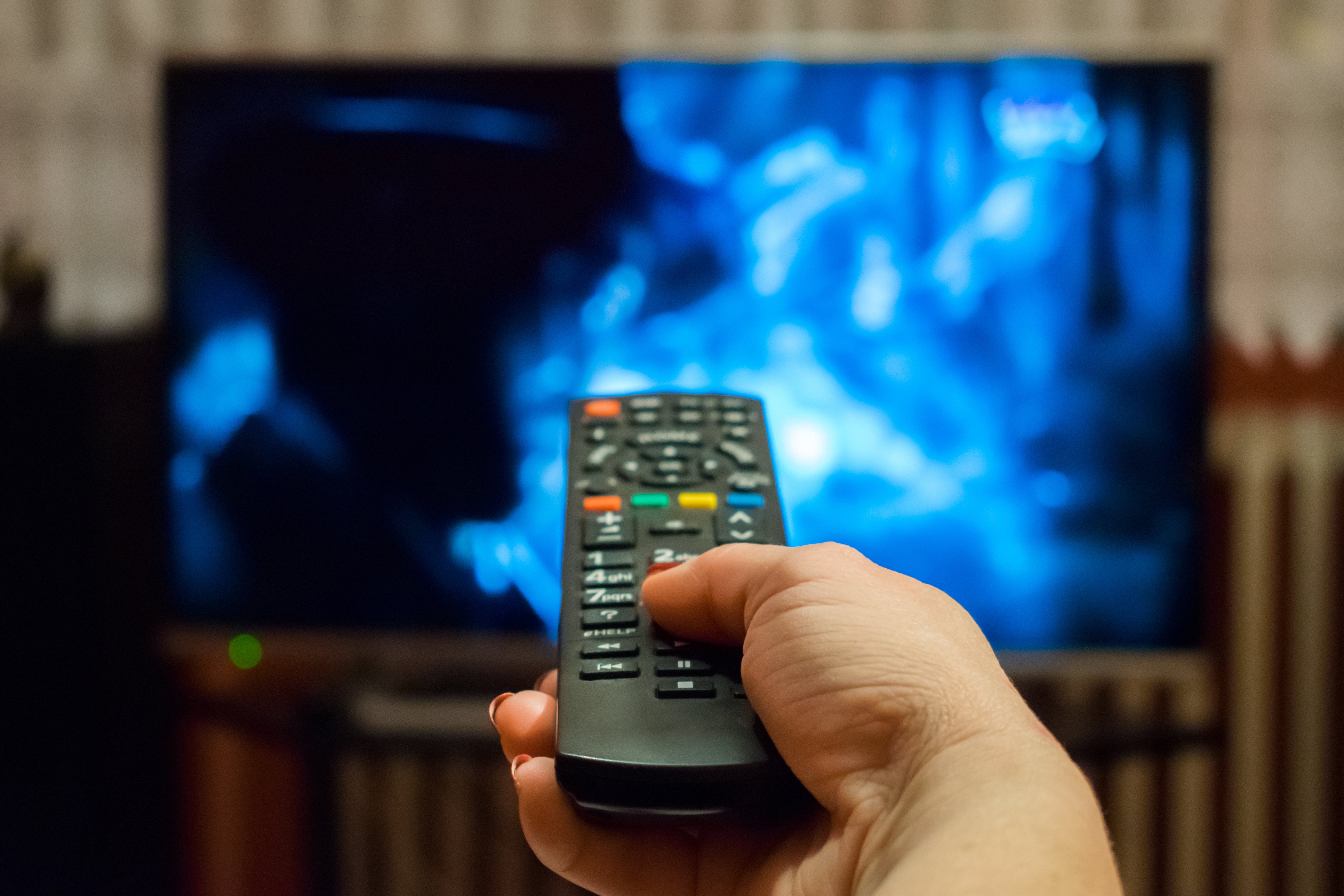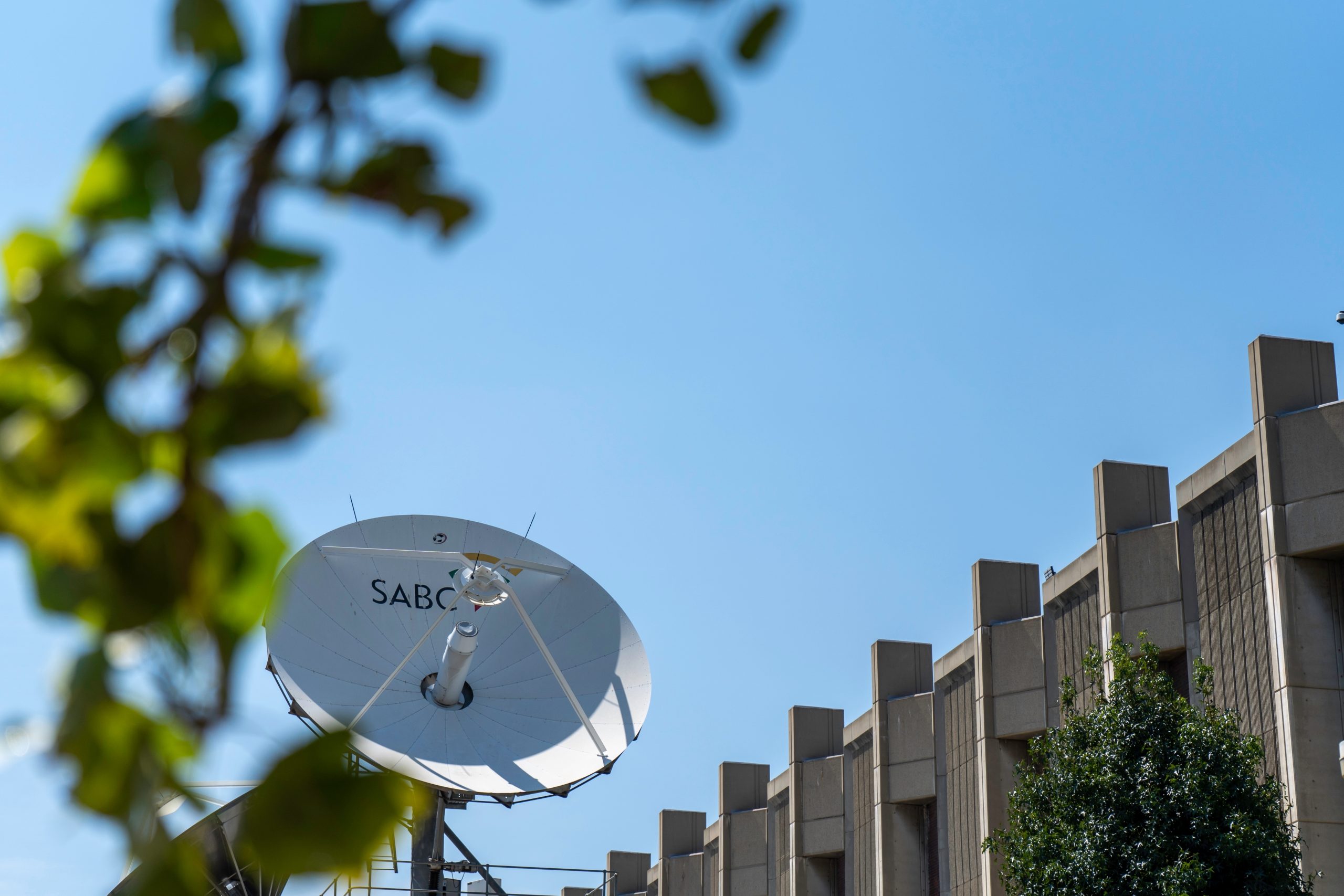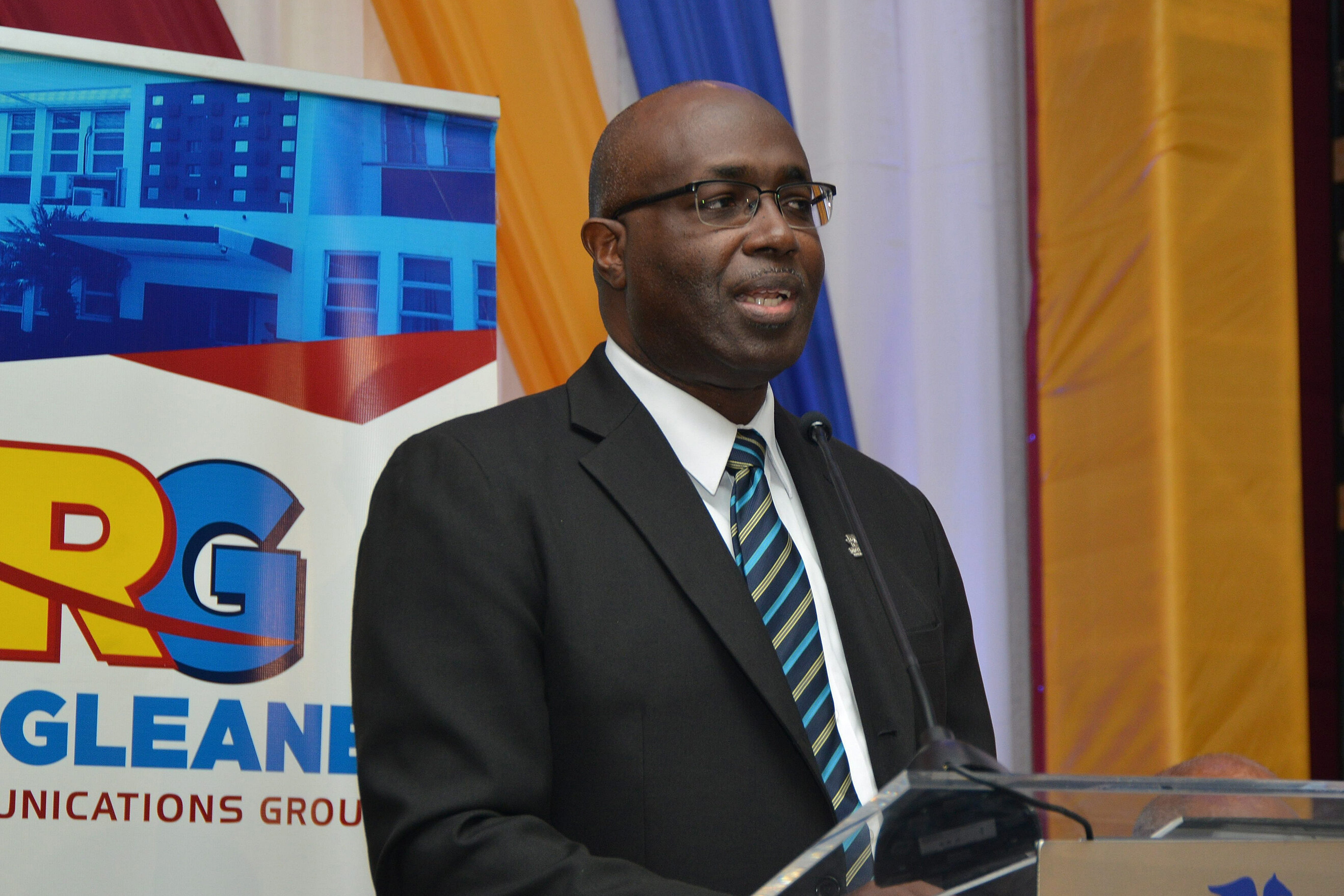INSIGHT
Television Jamaica and Digital Switchover
1st November 2022
The Chief Executive Officer of the RJRGLEANER Communications Group, Gary Allen, outlines the digital switchover (DSO) process in Jamaica and the challenge broadcasters face as the set analogue switch-off date rapidly approaches.
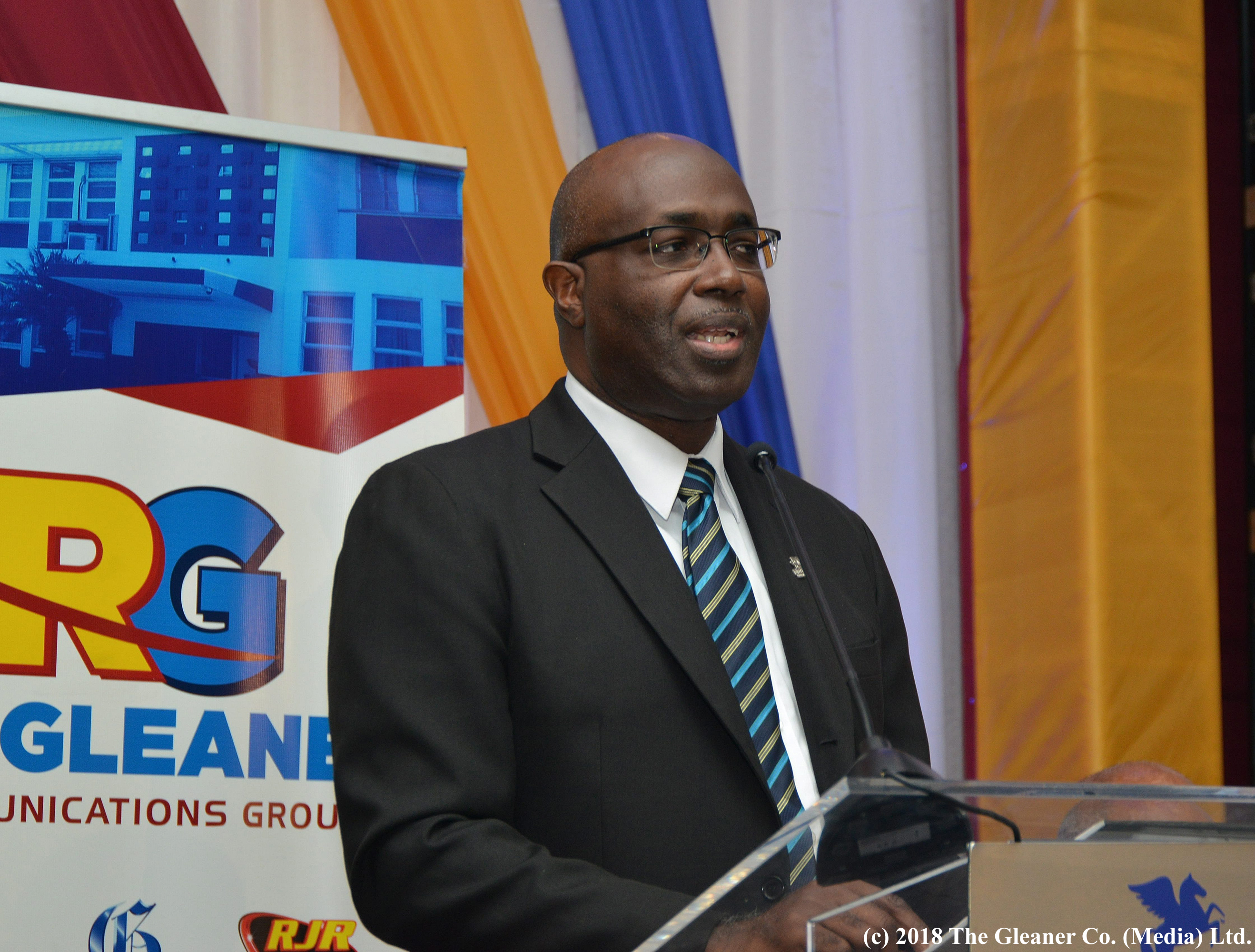
- Talks of digital switchover in Jamaica come at an ideal time, with analogue equipment becoming increasingly obsolete
- The expected benefits – from targeted advertising to edu-casting – could positively transform the Jamaican media landscape and society
- But the government must do more to create an enabling environment for DSO by supporting both broadcasters and consumers, Mr. Allen says
At our recently held 74th Annual General Meeting of Radio Jamaica Limited, the usual profile of shareholders made up of a broad cross-section of Jamaicans raised many questions about the impending Digital Switch Over, DSO for local Over-The -Air (OTA), also call free-to-air television stations.
It was an engaging session, in which some wanted to know why this high-cost change is being pursued and what opportunities are to be gained. On the matter of the high-cost concern, we were able to advise that prices of the new standard TV sets and converter boxes, have been declining; the latter’s price dropping to a third of where they were 12 – 15 months ago.
Read more: Switching from analogue to digital in the Caribbean
Among other key things the audience later understood, was the fact that the current analogue TV transmission equipment used by broadcasters, like Television Jamaica, TVJ, were obsolete and companies are winding down further manufacturing of them. In the same way, some cameras and editing systems of 20 years ago are no longer being made, the reality is that only a few, analogue broadcast transmitter manufacturers remain in operation.
We know only too well the implications of this, as we faced the reality a few years ago of only being able to source analogue studio spare parts on e-Bay, as they were no longer being manufactured. Today, getting new analogue TV transmitters is like finding a new black and white TV set being sold in a modern retail store! So, if we do not switch, we will neither have the equipment nor their parts to use; and consumers will eventually be unable to receive their Over The Air TV service from us.
At a meeting in 2012, where no broadcaster was present, 2015 was announced as the date for DSO. On hearing, broadcasters, including TVJ objected to it.
At that time, some of us still had analogue equipment that was being paid for and some being depreciated. If there was an early date for change, millions would have had to be written off from investments made. At that time too, there was still uncertainty about which standard would have been best, even which generation of the ‘American’ standard.
Almost a decade later when Information Minister Fayval Williams announced the start of DSO as January 2022 and the standard for Jamaica as the Advanced Television Standards Committee (ATSC 3.0) – the American Standard – it was easy for TVJ to embrace it. The newer standard for the United States was chosen; it now had almost all, if not more features than the best of the other standards, including that it was designed to optimize interoperability with Internet Protocol (IP) platforms/networks which are the long-term future of global communications.
The RJRGLEANER Communications Group embraced the announcement and set about ensuring that our TVJ over the air station was not only in compliance, but in a leadership role for the switch over. Hence, on January 31, 2022, TVJ took Jamaica to the point where it became the third country in the World to switch on operation of an ATSC 3.0 transmission network – meeting the timeline announced by the government, less than a year before.
As we explained to shareholders the full transition process means that we must gather content in digital formats, edit and present them in digital formats, transport it to over twenty (20) sites, so that it can be provided to customers at home digitally. That means changing the full workflow and distribution chain, from us, right to the consumers’ screens, from analogue to digital.
“We have been rowing our own boat, trying to raise the financial resources, in tough post-COVID economic conditions, to execute DSO and keep connected our most vulnerable Jamaicans who have no other source than from over the air operators for accessing local TV service FREE of charge.”
The government had said from the outset that unlike in many other countries undertaking DSO, it does not have resources to pay broadcasters to switch over, nor to provide subsidies to consumers to replace TV sets with digital ones or converter boxes to work with their analogue sets. Their argument has been that whereas in other countries the demand by telecommunications operators to pay for broadcast spectrum to be repurposed for their use, gave governments revenues from which some could be shared with broadcasters, this does not obtain in Jamaica – they indicated that they have no “digital dividend” from that source to share.
So, we have been rowing our own boat, trying to raise the financial resources, in tough post-COVID economic conditions, to execute DSO and keep connected our most vulnerable Jamaicans who have no other source than from over the air operators for accessing local TV service FREE of charge. This is how they keep abreast nationally and globally, without access to the Internet in many communities and without financial resources to pay for data and internet services where available.
TVJ is making this change firstly, because that is the only way we can continue to provide broadcast TV services to Jamaicans, as only digital TV services will exist in a short while. In addition, if consumers are to receive quality audio and video service, in the digital age, this has to be done through digital broadcasts, not the old analogue systems.
In our plans, we aim to optimize what TV consumers will receive. First, with this change each broadcaster will be able to provide a package of multiple free channels to each householder that gets a new antenna, a new ATSC 3.0 digital TV set or a Set Top Box (STB) able to convert the digital signal to their current TVs. Instead of getting a single TV channel from each broadcaster, they will be able to provide multiple channels FREE. TVJ’s initial plans will deliver, TVJ, TVJ Sports Network, Jamaica News Network and Reggae Entertainment Television, along with the Public Broadcasting Corporation of Jamaica services, plus at least two new services FREE to the consumer. On your regular TV set, you will now get your programme guide for each channel, be able to receive emergency warning messages, have the capability of receiving some data (in some instances educational material), as well as have data on what you were watching in each hour fed back to TVJ so that viewing habits and audience sizes, can be shared with advertisers to help them make decisions about how best to reach their target audiences.
Read more: South Africa: digital migration indefinitely delayed
Some small advertisers will now be able to advertise to their surrounding communities only, based on the location of the transmitters serving them and our stations could start receiving incremental advertising revenues from those who did not have a chance to advertise to their immediate target audiences in this way before. They would have had to advertise nationally in order to provide goods or service to only their community.
Another interesting feature is that this technology is now able to be delivered to some mobile phones and tablets FREE of data charges. Indeed, some of our television executives were in Detroit, Michigan earlier this year to get updates on the inclusion of TV receiver sets in cars for passengers to receive this service in their vehicles. That feature will expand viewership of TV in markets like ours where people spend hours in traffic on our roads, especially in morning and afternoon periods.
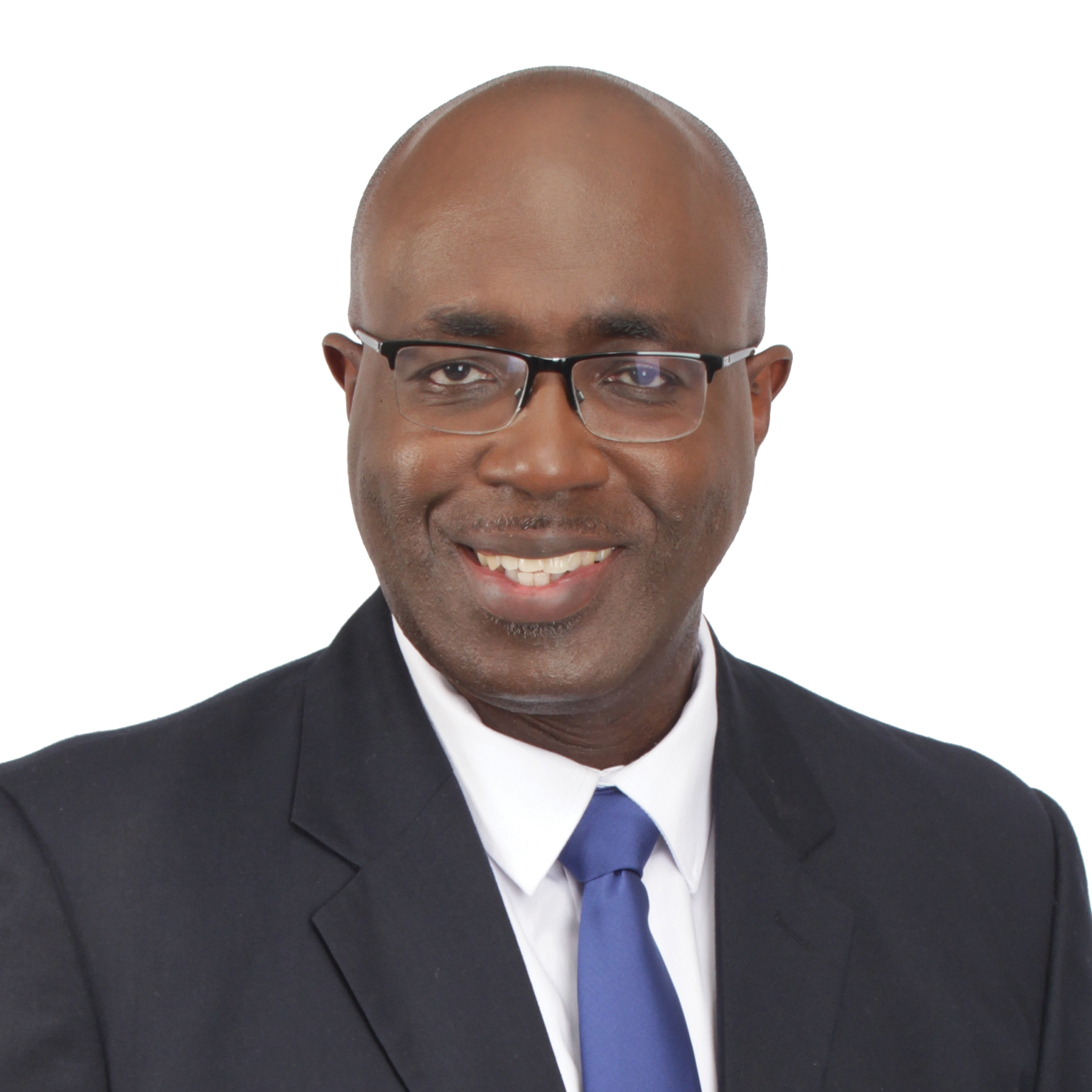
About the author
Gary Allen is the CEO of the RJRGLEANER Communications Group (of which Television Jamaica is a subsidiary), and a PMA board member.
Our thanks to Mr. Allen for providing this report.
Related Posts
1st November 2022
Switching from analogue to digital in the Caribbean
In the Caribbean, conversations around…
21st October 2022
Calls to “expedite” SABC board appointments following delays
The new board of South Africa’s public…
13th May 2022
New Project: Thwarting disinformation in the Caribbean
Our next project — set to improve the…
21st February 2022
The Existential Threat posed by Big Tech Platforms to Caribbean Journalism and Democracy
"This paper is not alarmist. It is not…
